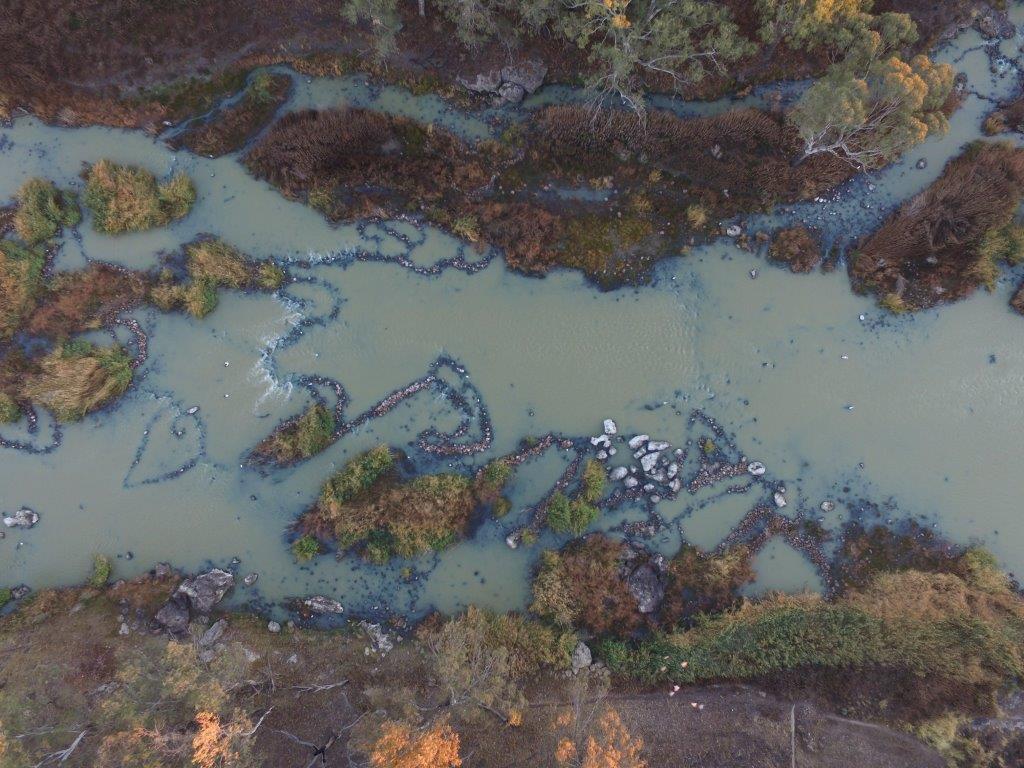IWISH for fish
International Western and Indigenous Science Hub for Fish
The IWISH for Fish network aims to facilitate the exchange of the cultural and traditional knowledge on fish, fisheries and rivers between indigenous people and western scientists to improve fisheries management and conservation of aquatic systems.

Mission statement for IWISH for Fish
Worldwide sustenance fisheries resources are declining, strongly compromising global food security. This decline also represents a loss of historical, traditional and cultural fisheries practices and connections for indigenous communities.
Throughout the developed world, the process of maintaining and restoring fisheries has historically been based on western science ontology and epistemology, often ignorant of the divergent and diverse indigenous knowledge and cultural connections that Indigenous people have with the living world. Integration of indigenous knowledge into western science based conservation will help to bolster these global efforts. This “Two-Eyed Seeing” will increase mutual trust and respect, and will help establish meaningful, sustainable relationships and partnerships for fisheries management and restoration.
The IWISH for Fish network aims to facilitate the exchange of the cultural and traditional knowledge on fish, fisheries and rivers between indigenous people and western scientists to improve fisheries management and conservation of aquatic systems.
We plan to invite community leaders from around the globe to assemble in a circle to share and discuss their personal connections with fish and rivers. We will also organize meetings, workshops and academic programs to facilitate this dialogue.
If you are interested in joining the network, contact Ana T. Silva or one of the other members of the team.